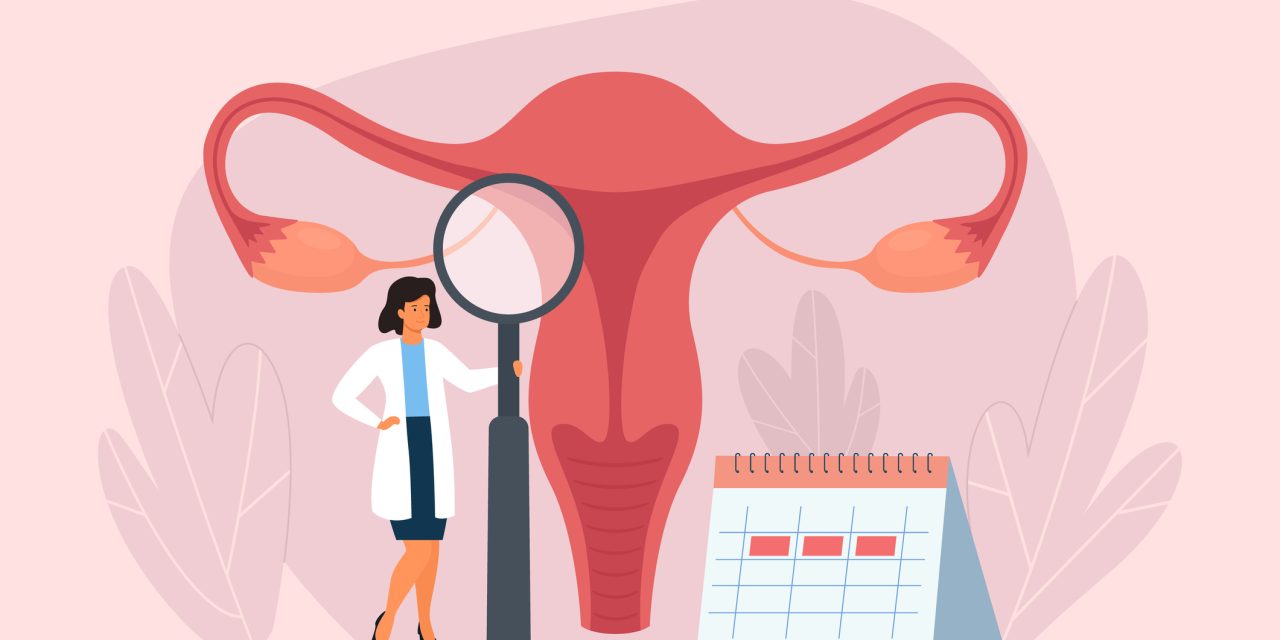Brain dysfunction related to areas regarding attention and arousal may occur not only in patients with attention-deficit/hyperactivity disorder (ADHD) but also in patients with enuresis and daytime symptoms. This study aimed to investigate changes in computerized comprehensive attention tests (CATs), a psychometric test for ADHD when patients with nonmonosymptomatic enuresis (NME) were treated with anticholinergic agents.
Thirty patients with NME featuring overactive bladder were prospectively enrolled. They were treated with 5 mg of solifenacin to control daytime symptoms. Using CATs, patients were evaluated during 12 weeks of treatment. Four subtests of attention (visual and auditory selective attention, sustained attention, and flanker tests) were measured. For each subtest, four domains (omission error, commission error, response time [RT], and standard deviation of RT) were assessed.
Only one domain of the flanker test was in the deficient range at baseline. The presence of urge incontinence affected follow-up results on the sustained attention tests. Treatment with anticholinergic agents did not significantly affect attention variables but changes in several variables were correlated with bladder symptoms and enuresis.
Minimal baseline defects in attention function were seen in patients with NME. Follow-up results for some attention variables were affected by daytime symptoms and enuresis. These results suggest that altered brain function in enuretic patients influences improvement in both attention and bladder function.
© The Korean Urological Association, 2020.
Changes in attention variables in those who treated with anticholinergic agents for nonmonosymptomatic enuresis.


